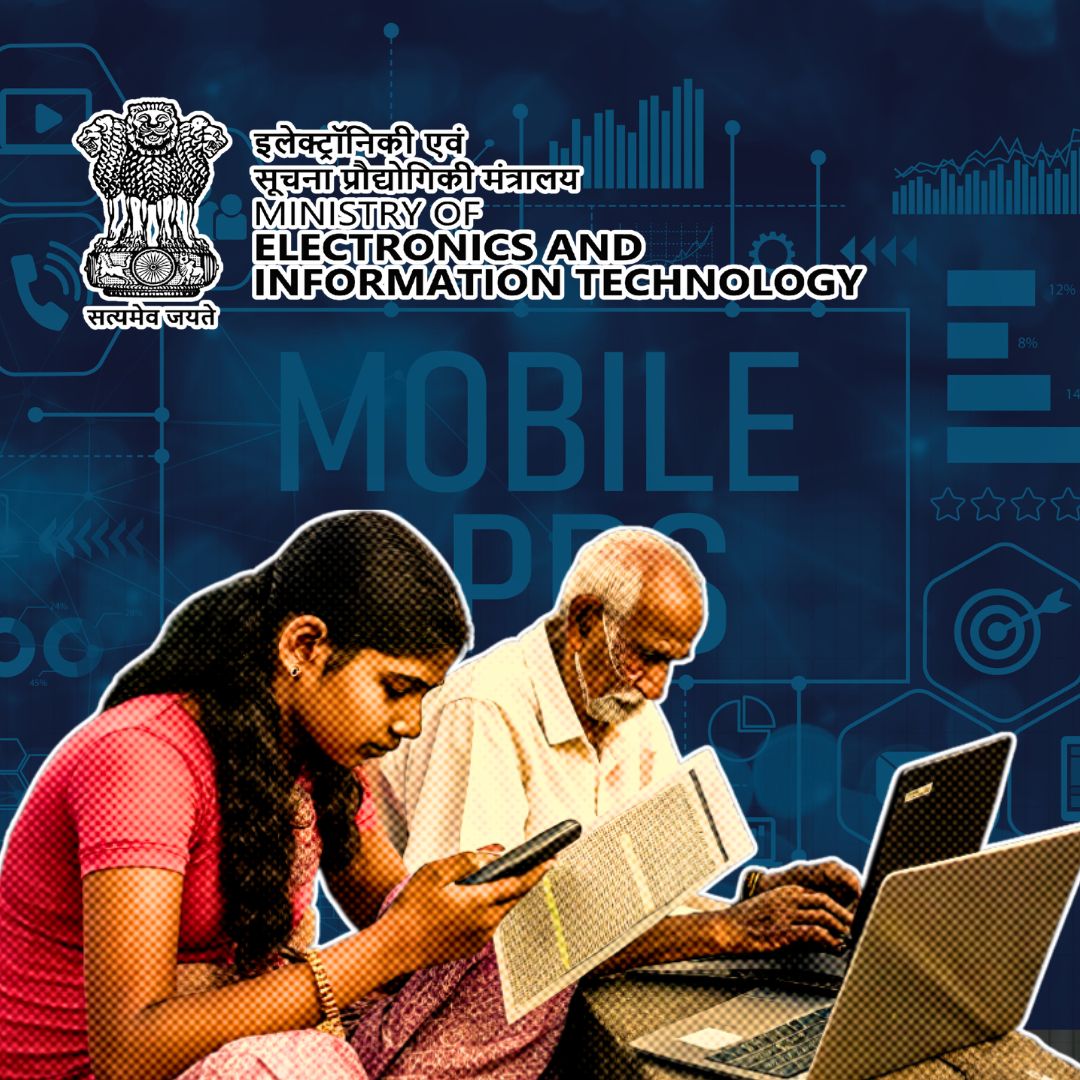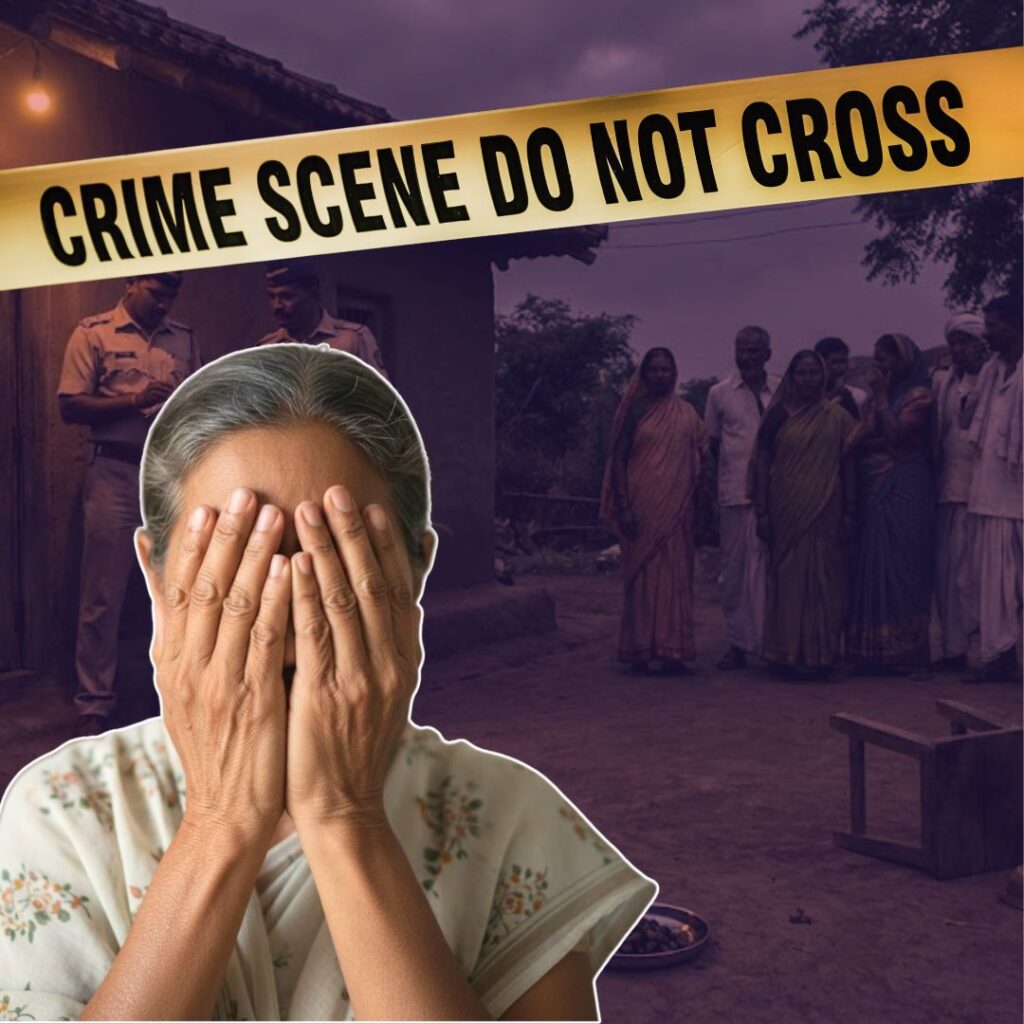The Ministry of Electronics and Information Technology (MeitY) has issued blocking orders for 119 apps, primarily targeting video and voice chat platforms linked to developers in China and Hong Kong. This action, taken under Section 69A of the Information Technology Act, aims to safeguard national security and public order.
While Google has been instructed to remove these apps, only 15 have been taken down so far, with the remaining apps still accessible for download as of today. Developers have expressed their concerns and are eager to collaborate with the Indian government to resolve any compliance issues.
Security Concerns Prompt Action
In a significant move reflecting ongoing tensions in the digital landscape, the Indian government has targeted 119 applications under new blocking orders. The majority of these apps are video and voice chat platforms that have raised alarms regarding data privacy and security risks associated with their developers, many of whom are based in China and Hong Kong. The blocking orders were revealed through a now-deleted disclosure by Google on the Lumen Database, which tracks legal requests for content removal.
The government invoked Section 69A of the Information Technology Act, which empowers it to block access to online content that poses threats to national security or public order. A spokesperson for ChillChat, a Singapore-based app boasting over one million downloads, expressed deep concern about the potential impact on their Indian user base, stating that such a ban would disrupt daily communications and entertainment for many. Similarly, Blom, the developer behind ChangApp—another affected platform—reported that Google had not provided any clarity regarding the rationale behind the blocking order. Meanwhile, HoneyCam, operated by Australia-based Shellin PTY Ltd, indicated their willingness to cooperate with Indian authorities to ensure compliance with local regulations.
Geopolitical Tensions and Regulatory Scrutiny
This latest round of app bans is part of an ongoing trend that began in 2020 when India first imposed restrictions on several Chinese applications amid rising geopolitical tensions between the two countries. The current list of blocked apps includes not only those from China but also platforms from Singapore, the United States, the United Kingdom, and Australia. This broader scope indicates a shift towards more comprehensive regulatory scrutiny aimed at ensuring data security across various international platforms.
The Ministry of Electronics and Information Technology has yet to publicly disclose specific security concerns tied to these applications. However, previous bans have typically followed incidents that raised alarms about data privacy and potential misuse of user information. As digital interactions continue to increase in importance, this regulatory approach reflects a growing commitment from the Indian government to protect its citizens from perceived threats in cyberspace.
The Logical Indian’s Perspective
While it is essential for governments to take proactive measures in safeguarding national interests and cybersecurity, transparency in communication is equally crucial. Clear dialogue between authorities, app developers, and users can help address legitimate concerns without unnecessarily disrupting communication channels or business operations.
At The Logical Indian, we advocate for a balanced approach that fosters trust among all stakeholders involved. It is vital that app developers are given an opportunity to clarify their practices and rectify any issues before facing punitive measures. As we navigate this complex digital landscape together, we must ask ourselves: What steps can be taken to enhance collaboration between the government, app developers, and users to ensure both security and freedom of expression in our increasingly interconnected world? Your thoughts on this matter could spark meaningful discussions—please share your views below!












